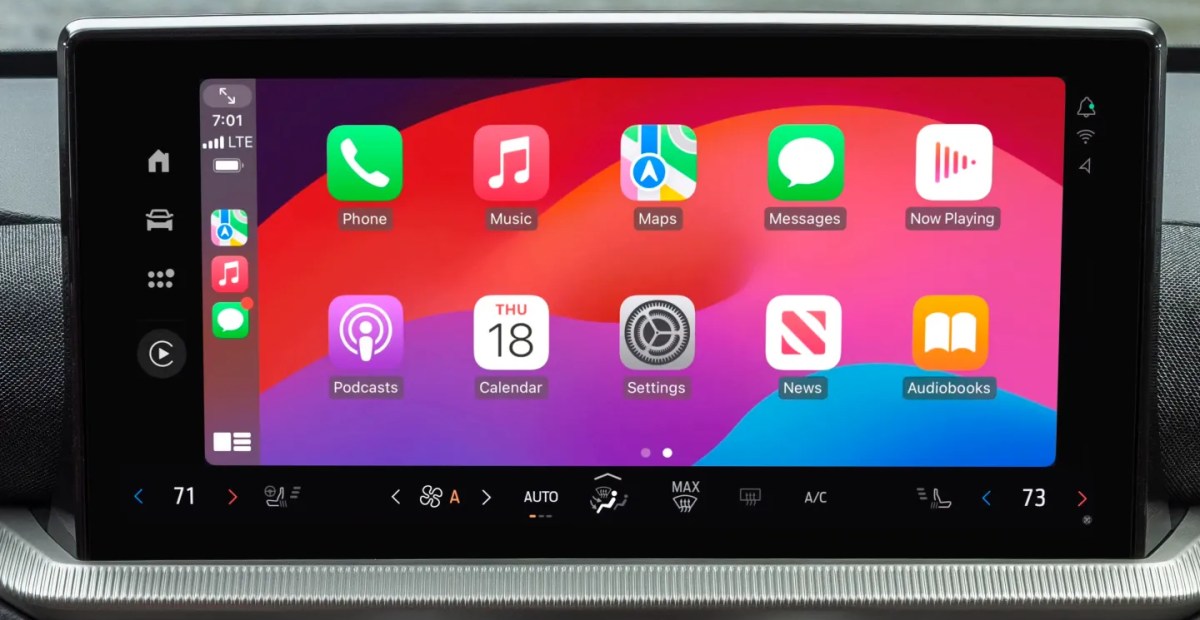Tesla, known for its resistance to integrating Apple CarPlay, is reportedly testing the popular phone projection system in its vehicles. According to a report from Bloomberg, anonymous sources indicate that Tesla is nearing a public release of CarPlay, although timelines remain uncertain. This shift comes as the company faces challenges in boosting demand amid declining sales.
For years, Tesla has refrained from offering phone mirroring features, arguing that its proprietary software provides a superior experience compared to smartphone interfaces. This stance has been echoed by some traditional automakers, including General Motors, which are now looking to enhance their software ecosystems to compete with the likes of Tesla and Rivian.
Tesla’s potential adoption of CarPlay may serve as part of a broader strategy to reignite interest in its vehicles. The company plans to integrate CarPlay within its existing interface, rather than replacing its software entirely. Bloomberg’s sources suggest that Tesla will utilize the standard version of CarPlay, steering clear of Apple’s more advanced CarPlay Ultra, which integrates core functions like speedometer and climate controls.
The absence of Apple CarPlay has been a significant consideration for many car buyers. A survey conducted in 2023 revealed that nearly half of new car buyers globally would not consider purchasing a vehicle without CarPlay or Android Auto. Furthermore, the same survey indicated that approximately 85 percent of respondents preferred these phone-based systems over built-in car software.
Tesla’s evolving stance on CarPlay also reflects changes in the market dynamics and consumer preferences. The company, led by Elon Musk, has experienced a notable backlash and subsequent sales slump. Musk has previously expressed his discontent with Apple, criticizing the company’s App Store policies and the poaching of Tesla engineers for its own car project.
As consumer expectations shift, the automotive industry is witnessing a notable transformation. Traditional automakers are actively working to enhance their software capabilities, while companies like Tesla consider integrating mainstream features that were once deemed unnecessary. This situation underscores the complexities of the modern automotive landscape, where the demand for seamless technology integration is increasingly influencing purchasing decisions.
As Tesla moves closer to potentially adopting Apple CarPlay, it remains to be seen how this decision will impact its brand image and sales strategy in the competitive electric vehicle market.
